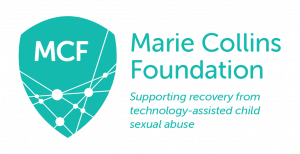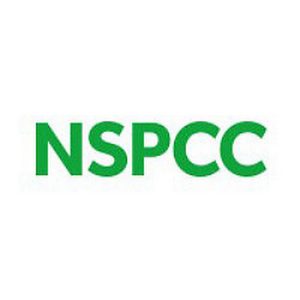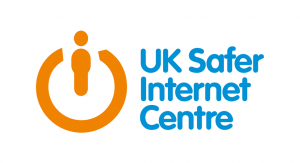At Little Lever School we have strict filtering and monitoring systems that ensure the online safety of our students in school. We filter out inappropriate content so that it cannot be accessed in school and have advanced monitoring software that will alert us to when attempts have been made to access such content.
We know however that our students have 24/7 access to electronic devices. Whilst these can have enormous benefits, they can also pose risk if we do not educate and monitor young people as they navigate the online world in the same way they do the real world.
These risks are grouped into four categories:
- Conduct: children’s behaviour may put them at risk
- Content: access to inappropriate or unreliable content may put children at risk
- Contact: interaction with unsuitable, unpleasant or dangerous people may put children at risk
- Commercialism: children’s use of platforms with hidden costs may put them at risk









